Pedoman/PanduanHalaman : 4
Menampilkan 61 - 80 dari 219 data
Pengarang : Salah Darghouth, Christopher Ward, Price Gittinger, Julienne Roux & Animesh Srivastava
Pengarang : Pete Kolsky, Eddy Perez, Wouter Vandersypen, Lene Odum Jensen
Pengarang : Alain R. Locussol, Matar Fall with the assistance of Eric Dickson
Pengarang : Nick Pilgrim, Bob Roche, John Kalbermatten, Cathy Revels, Mukami Kariuki
Pengarang : Meike van Ginneken, Bill Kingdom
Pengarang : Kevin Tayler
Pengarang : Mike Muller, Robin Simpson, and Meike van Ginneken
Pengarang : Donald T.Lauria, Omar S. Hopkins, Sylvie Debomy
Pengarang : Param Iyer, Jennifer Davis, Elif Yavuz
Pengarang : Fernando Ruiz-Mier, Mieke van Ginneken
Pengarang : Subhrendu K.Pattanayak, dkk
Pengarang : Thelma Triche, Sixto Requena, Mukami Kariuki
Pengarang : ERM in association with Stephen Meyers Ass & Hydroconseil, Wiiliam D. Kingdom
Pengarang : Sylvie Debomy, Donald T.Lauria, Omar S. Hopkins
Pengarang : Aldo Baietti & Paolo Curiel
Pengarang : Sophie Tremolet & Catherine Hunt
Pengarang : Meera Mehta, Anne Christensen & Thomas Fugelsnes
Pengarang : Adjie Pamungkas, a_pamungkas2000@yahoo.com
Pengarang : Mella Ismelina FR, mellarahayu@yahoo.com
Pengarang : Kamal Kar and Petra BongartzThis paper is intended to complement IDS working paper 257 (November 2005), by giving a short update on recent developments in the rapidly changing field of Community Led Total Sanitation (CLTS) in six countries in South and South East Asia. It highlights emerging trends, successes, challenges and lessons from Bangladesh, Cambodia, China, India, Indonesia and Nepal. The information given here in is accurate to the best of our knowledge but does not claim to be comprehensive. Table of Contents: Acknowledgements Introduction Bangladesh Cambodia China India Indonesia Nepal
| Terpopuler di Pedoman/Panduan
Kategori : Pustaka - Pedoman/Panduan
Kategori : Pustaka - Pedoman/Panduan
Kategori : Pustaka - Pedoman/Panduan
Kategori : Pustaka - Pedoman/Panduan
Kategori : Pustaka - Pedoman/Panduan
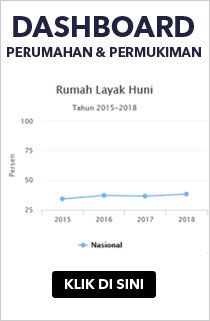
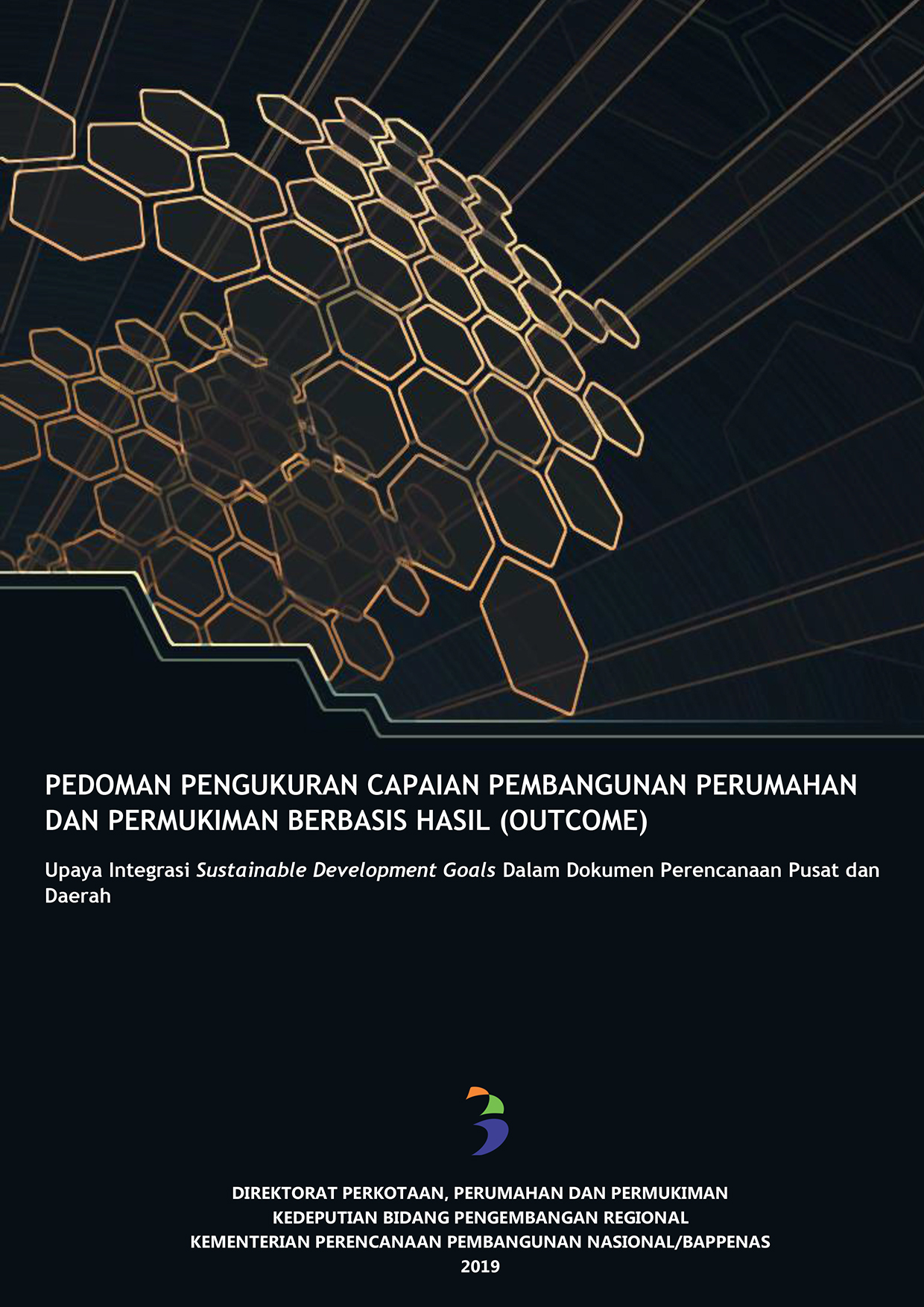
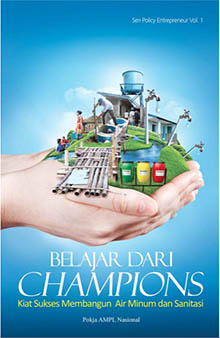
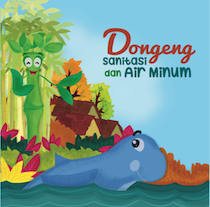
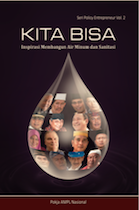 |